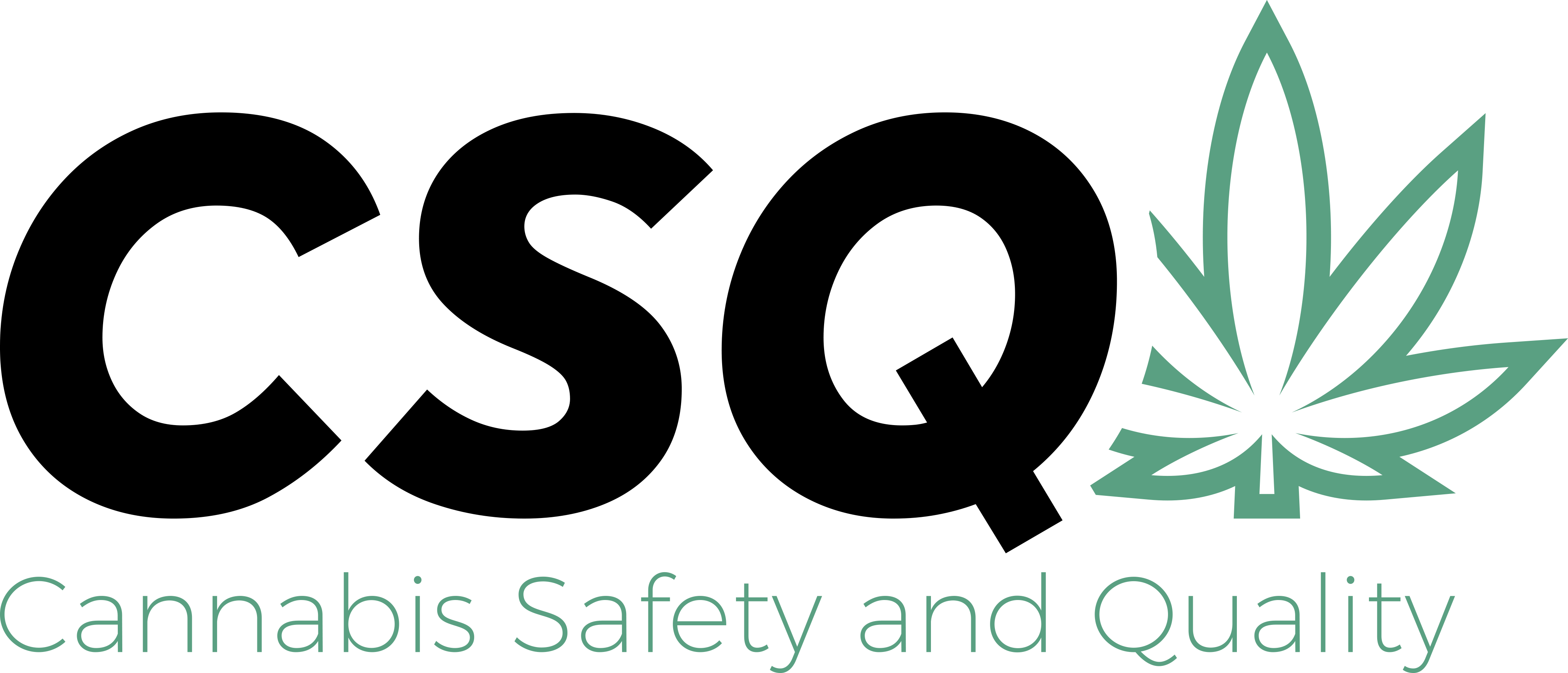In the U.S., states have been developing and implementing policies to legalize and regulate cannabis since 1996 despite the fact that it remains illegal under federal law, with cannabis listed as a Schedule I drug under the Controlled Substances Act. State policymakers have had to create new departments and regulations under strict timelines depending on the requirements of new legislative initiatives. For example, in my home state of Missouri, the Missouri Department of Health and Senior Services was responsible for developing and implementing licensing application processes and emergency rules. Amendment II passed on November 6, 2018, and the department only had 180 days from December 6, 2018, to develop and implement an entirely new application process and emergency rules (XIV Section 1, 2018). Often, a combination of accelerated timelines and inexperience with cannabis or similarly regulated industries, such as dietary supplements, food & beverage, or pharmaceuticals, leaves newly legalized states with major issues once the program is launched. For example, on October 20, 2020, only three days after the first sale of medical cannabis in Missouri, there was mold found in two batches of cannabis products. The organization involved and the Missouri Department of Health and Senior Services investigated the complaint and found that the product batches passed the state-mandated third-party testing requirements. Once again, verifying that finished product batch testing does not ensure safe products. Finished product testing should be used in conjunction with preventative measures, such as Control Points and Critical Control Points in a HACCP based system.
Due to newly legal state regulators’ lack of experience with regulating cannabis products, it is recommended that policymakers utilize third-party audits as a way to verify compliance in facilities management by cannabis cultivators and manufacturers with industry best practices and local regulations. For example, both Florida and New York require cannabis manufacturers to obtain a third-party GMP audit. The Florida Administrative Code Chapter 64-4ER20-35requires that all cannabis manufacturers get a cannabis certification. They must provide the department with documentation from a nationally accredited certifying body that the processing facility has passed a Food Safety Good Manufacturing Practices (GMP) inspection before producing and dispensing edibles. In New York, new proposed CBD rules have just been released in 2020. According to Title 10 Part 1005 requirements, CBD extraction, and manufacturing companies must show proof of a qualified third-party GMP audit completed prior to operating or a detailed plan for obtaining a qualified third-party GMP audit within six-months of approval of their application. Both policymakers determined that their inspectors did not have the qualifications to inspect cannabis manufacturers and utilize third-party GMP audits as a tool for verifying an organization’s compliance with industry best practices.
However, cannabis isn’t the only industry that utilizes third-party audits to verify compliance in facilities management. Under 21 CFR 117, the FDA requires certain US food and beverage companies to conduct onsite audits of foreign suppliers to determine if their suppliers are producing food in compliance with the FDA’s food safety standards. US importers may conduct these audits themselves via a second-party audit, however, the auditor must be a “qualified auditor”, which most companies do not have a full-time employee that would meet the qualifications. This means that most Foreign Supplier Verification audits are conducted by a third-party accredited certification body that are recognized by the FDA.
So, as we can see, some states in the US are already utilizing third-party audits, either GMP or CSQ, to verify a company’s compliance with the state regulations, along with the FDA who has been utilizing third-party audits to verify foreign suppliers. Other states and countries that wish to legalize cannabis products or need to revisit poorly written regulations, should look to cannabis or CSQ certifications as a way to verify a cannabis business’s compliance to industry best practices and local regulations.
Are you a policymaker that needs assistance in writing regulations for your state or country? CSQ offers free assistance and guidance on policy decisions and has assisted in developing regulations in both the city and state level.
Contact info: Info@csqcertification.com


